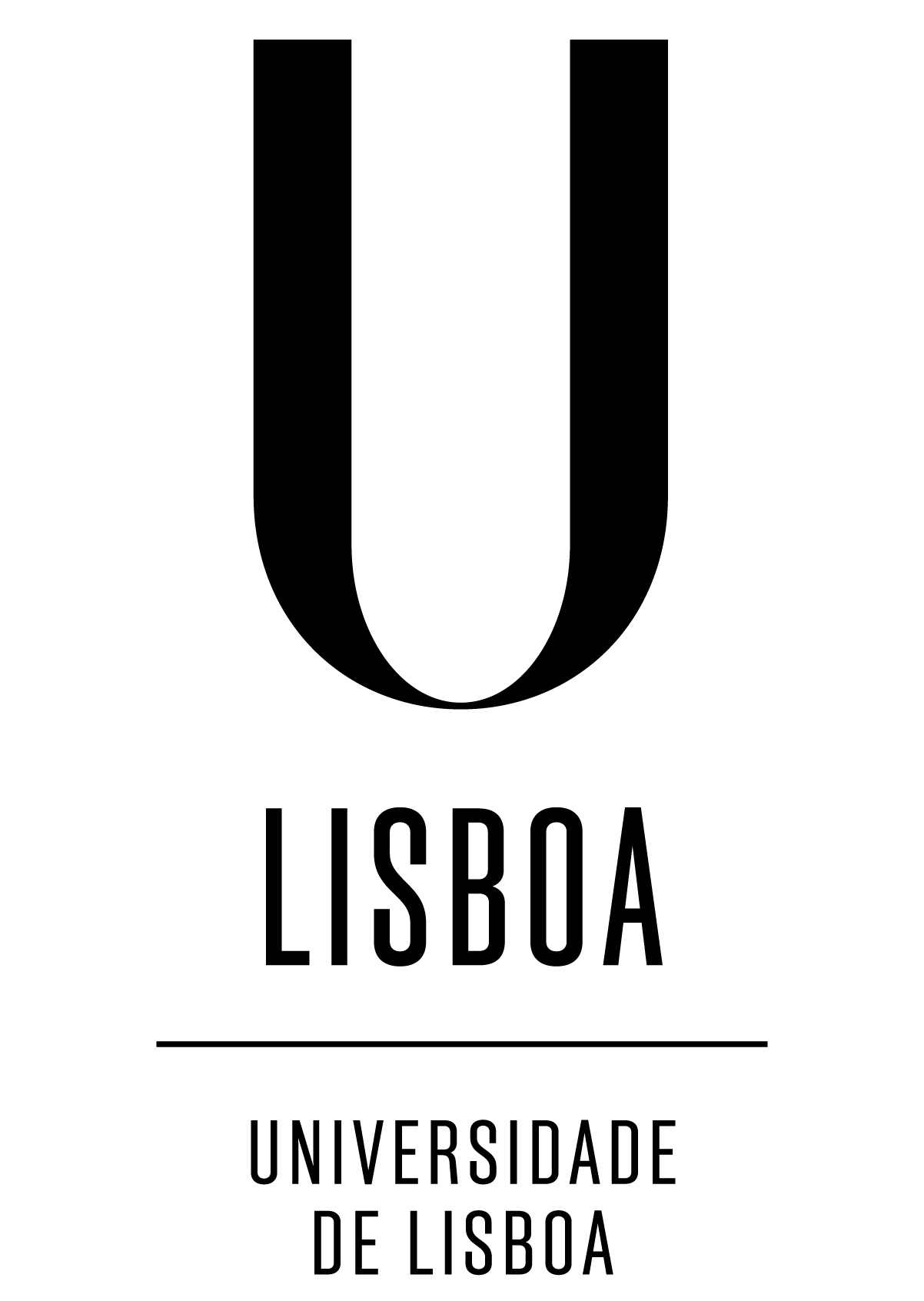Philosophy of Human Technologies
Description
 A Philosophy of Human Technology is aware of the present and future overspecialisation of Technologies that influence the separation of a few direct powerful technological players and the many that are affected by the technological developments. Technologies constitute, magnify, amplify human experiences, but can also enslave or put human experience and life at risk. The processes of techniques and technologies as "pharmakon" (poison/remedy) thus change the ways we live their somatic (embodiment), noetic (diagrammatics) or discursive level, and influences how we individually or collectively experience our world. How do instruments, devices and apparatuses as well as systems and techniques and bodily techniques processes (e.g. gesture) produce and transform human knowledge, experience and (social) life?
A Philosophy of Human Technology is aware of the present and future overspecialisation of Technologies that influence the separation of a few direct powerful technological players and the many that are affected by the technological developments. Technologies constitute, magnify, amplify human experiences, but can also enslave or put human experience and life at risk. The processes of techniques and technologies as "pharmakon" (poison/remedy) thus change the ways we live their somatic (embodiment), noetic (diagrammatics) or discursive level, and influences how we individually or collectively experience our world. How do instruments, devices and apparatuses as well as systems and techniques and bodily techniques processes (e.g. gesture) produce and transform human knowledge, experience and (social) life?
The experiences of individuals living today in contemporary information societies are tightly interwoven with the use of ICTs, that in the near future could converge more with, for instance, Nano- Bio- and Neurotechnologies, or generally, with Technologies of not only human bodies and minds. Telemedicine and enhancement technologies and the growing influence of artificial agents are just some of the pressing issues. Technological transformations often have generated an extensive policy vacuum and even more a vacuum of philosophical clarification of issues concerning both the philosophical foundations of political and juridical regulations of present or upcoming aspects of individuals' existence and their collective interactions that Philosophy of Human Technology will face.
Structure
Module I - Philosophy of Human Technology assessment and policy advice
How should policy and the public be advised in questions of technology if technologies and techniques redefine the proper constitutive layers of being human and its proper (inter-)actions and development?
Module II - Philosophy of Gesture
Gesture level of embodiment and foundation of social interaction, haptic and gestural experience, cognition and epistemology: Lisbon Gesture Lab
Module III - Science and Control
- Philosophy of Cybernetic Control. "Science" and "Control" in the 21st century questions the fundamental role the concept of control has in science in the 21st century, especially in the mind sciences.
- Social self-organisation in Complex informational systems.
- Towards a philosophy of the Internet Module IV The Social question of the Machine, specifically in Japanese theories of artificial societies
Module IV - The Social question of the Machine,
specifically in Japanese theories of artificial societies.
Head: Alexander Gerner | alexandergerner@yahoo.com
Assistant Head:
Research Groups involved
Epistemology and Methodology || Science and Art || Philosophy of Human Sciences, Ethics and Politics
Activities
Partnerships






